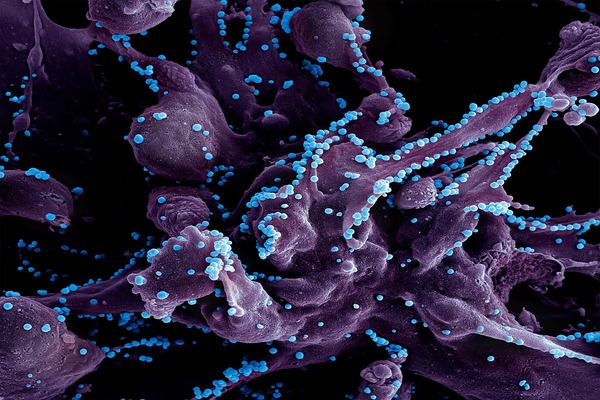
Artificial intelligence is a new addition to the infectious disease researcher’s toolbox. Yet in merely half a decade, AI has accelerated progress on some of the most urgent issues in medical science and public health. Researchers in this field blend knowledge of life sciences with skill in computation, chemistry and design, satisfying decades-long appeals for interdisciplinary tactics to treat these disorders and stop their spread.
Diseases are “infectious” when they are caused by organisms, including parasites, viruses, bacteria and fungi. People and animals can contract infectious diseases from their environments or food, or through interactions with one another. Some, but not all, are contagious.
Infectious diseases are an intractable global challenge, posing problems that continue to grow in severity even as science has offered a steady pace of solutions. The world continues to become more interconnected, bringing people into new kinds and levels of relation, and the climate crisis is throwing environmental and ecological networks out of balance. Diseases that were once treatable by drugs have become resistant, and new drug discovery is more costly than ever. Uneven resource distribution means that certain parts of the world are perennial hotspots for diseases that others never fear.
Cesar de la Fuente brings an expert eye to how AI has transformed infectious disease research in a recently published piece in Science with co-authors Felix Wong and James J. Collins from MIT.
Presidential Assistant Professor in the Department of Bioengineering and the Department of Chemical and Biomolecular Engineering at the University of Pennsylvania School of Engineering and Applied Science, with additional primary appointments in Psychiatry and Microbiology within the Perelman School of Medicine, de la Fuente brings a multifaceted perspective to his survey of the field.
In the paper, de la Fuente and co-authors assess the progress, limitations and promise of research in AI and infectious diseases in three major areas of inquiry: anti-infective drug discovery, infection biology, and diagnostics for infectious diseases.
Drug discovery
With sophisticated algorithms and machine learning, AI can analyze vast data sets and identify patterns that would be otherwise imperceptible to human researchers. This data-driven approach expedites the screening and selection of promising drugs, accelerating the development of effective treatments for infectious diseases.
Infection biology
By analyzing complex biological data, AI algorithms can unravel intricate interactions between infectious organisms and the host immune system. This newfound understanding provides crucial insights into disease mechanisms, transmission dynamics, and host-pathogen interactions, informing the development of targeted interventions and preventive strategies.
Diagnostics
AI-powered technologies have the potential to revolutionize the accuracy and efficiency of diagnostic tools. By leveraging machine learning algorithms, AI can analyze medical imaging, genomic data and clinical records to detect and predict disease outcomes with precision. This transformative capability enables earlier and more accurate diagnoses, facilitating timely treatment interventions and reducing the spread of infectious diseases.
To learn more about AI in infectious disease research, read the full review published in Science.
